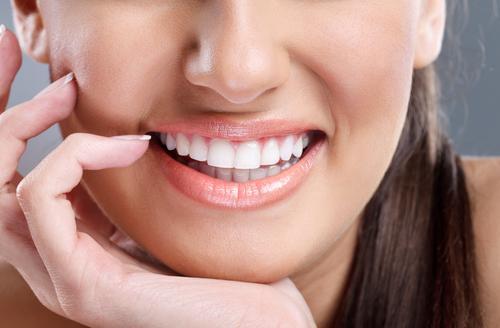Teeth Grinding and Sleep Disorders: Are They Linked?
Many people experience disturbed sleep without knowing the root cause, but recent studies suggest a powerful connection between teeth grinding and sleep disorders. Known clinically as sleep Teeth Grinding Treatment in Dubai, this involuntary jaw movement during rest can be both a symptom and a consequence of deeper sleep disturbances. If you’re waking up tired, sore, or with damaged teeth, understanding this link may be key to finding lasting relief.
Understanding Sleep Bruxism:
Sleep bruxism is not just a bad habit—it’s classified as a sleep-related movement disorder. This condition occurs when your jaw muscles clench and grind without conscious effort, typically during light sleep stages.
- Most common during non-REM stage 1 or stage 2 sleep
- Often accompanied by micro-arousals or brief awakenings
- Episodes can last from a few seconds to over a minute
- May occur several times a night without your awareness
- Stronger in individuals with irregular sleep patterns or disrupted circadian rhythms
This grinding is often forceful and can produce over 250 pounds of pressure, significantly more than daytime chewing.
Common Sleep Disorders Linked to Bruxism:
Several sleep disorders are closely tied to bruxism, either as triggers or coexisting conditions. If you suffer from these, you’re more likely to grind your teeth at night.
- Obstructive sleep apnea (OSA): One of the strongest links; the jaw may clench as a response to airway obstruction
- Insomnia: Sleep deprivation increases muscle tension and raises the likelihood of grinding
- Restless leg syndrome (RLS): A neurological movement disorder that can co-occur with bruxism
- REM sleep behavior disorder (RBD): Abnormal movements during REM sleep may extend to the jaw
- Night terrors or parasomnias: Associated with heightened nervous system arousal, often triggering grinding
Identifying these disorders can help treat the root cause of nighttime teeth grinding rather than just the symptoms.
The Role of the Nervous System and Brain Activity:
The brain plays a central role in the relationship between bruxism and sleep disturbances. During the night, abnormal neurological activity or hyperarousal can cause the jaw muscles to contract involuntarily.
- Increased sympathetic nervous system activity during sleep
- Dopamine imbalance associated with both bruxism and some sleep disorders
- Cortical arousals lead to brief awakenings that activate motor functions like jaw clenching
- Stress and anxiety heighten nervous system responses and disrupt sleep cycles
- Sleep fragmentation increases the frequency and severity of grinding episodes
These neurological factors suggest that bruxism is not just a dental issue—it’s often a sign of larger sleep health concerns.
Signs That Your Grinding Is Sleep-Related:
Because sleep bruxism is unconscious, it’s often diagnosed through indirect symptoms. Recognizing these red flags can prompt an evaluation for deeper sleep issues.
- Sore jaw or headaches upon waking
- Cracked, worn, or flattened teeth with no known trauma
- Disrupted sleep despite good sleep hygiene
- Complaints of snoring, gasping, or choking during sleep (possible apnea)
- Fatigue during the day even after a full night in bed
- Teeth grinding sounds noticed by a partner or family member
If these symptoms persist, it’s essential to seek a professional sleep evaluation and dental exam.
Managing Bruxism by Addressing Sleep Disorders:
To truly resolve the connection between teeth grinding and sleep disorders, Teeth Grinding Treatment must go beyond a nightguard. Tackling the root sleep problem is crucial for long-term relief.
- Use a custom-fitted nightguard to prevent enamel wear and reduce jaw tension
- Undergo a sleep study (polysomnography) to detect OSA or other conditions
- Treat sleep apnea with CPAP or oral appliance therapy to open airways and reduce grinding
- Practice sleep hygiene: consistent schedule, no screens before bed, dark quiet room
- Manage stress and anxiety with cognitive behavioral therapy (CBT), meditation, or breathing techniques
- Consider medications only under medical supervision, especially if bruxism is linked to neurological or psychiatric issues
Collaboration between a dentist, sleep specialist, and primary care provider can offer the most comprehensive solution.
Final Thoughts: If you’re wondering whether there’s a connection between teeth grinding and sleep disorders, the answer is a resounding yes. Bruxism may be the body’s way of signaling a deeper sleep-related issue. Don’t ignore the signs—early detection and treatment of both grinding and any underlying sleep condition can prevent long-term damage and dramatically improve your quality of life.
